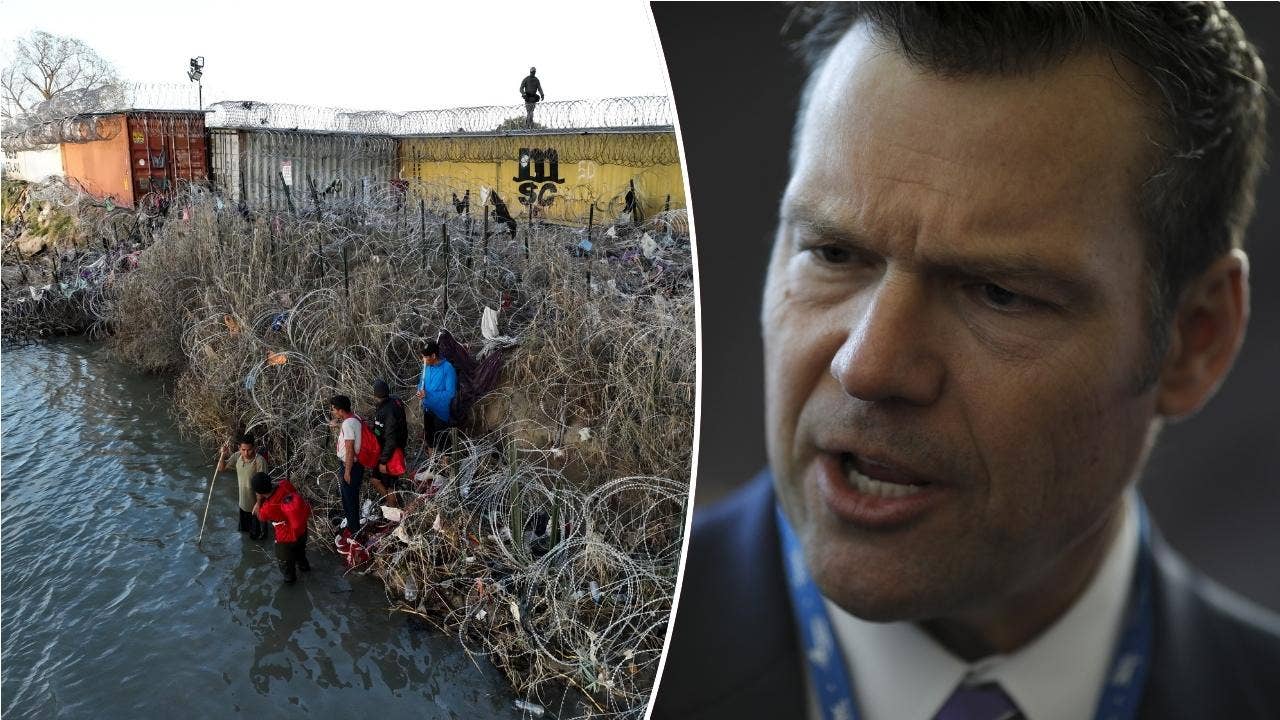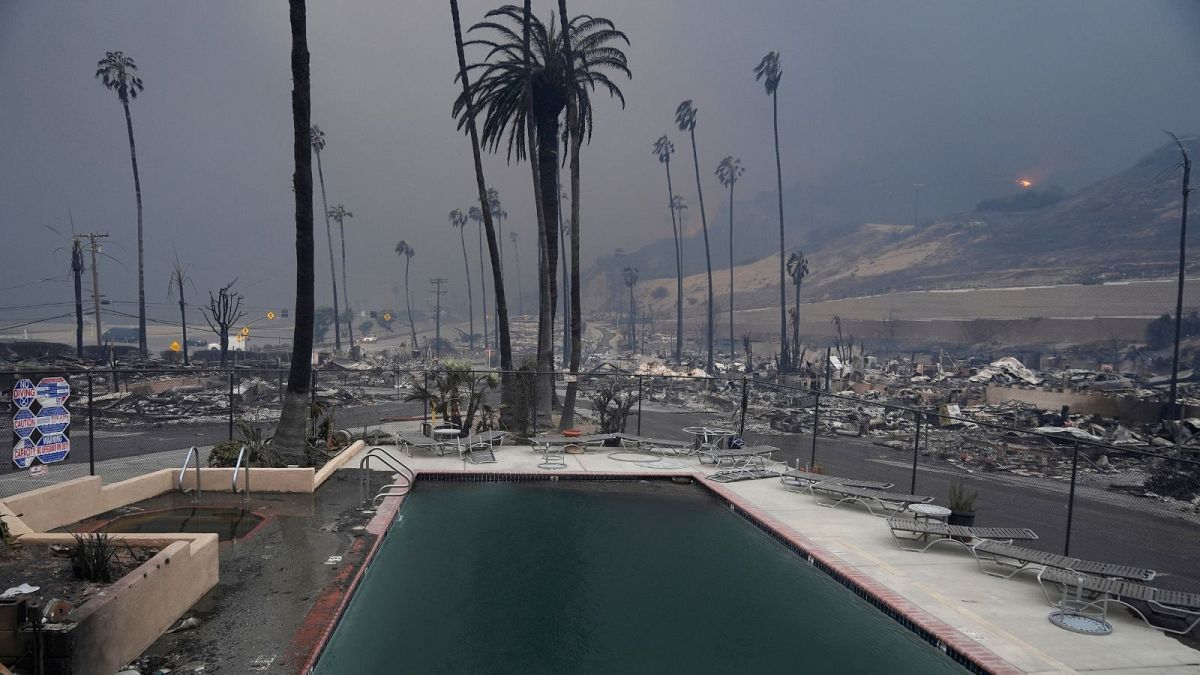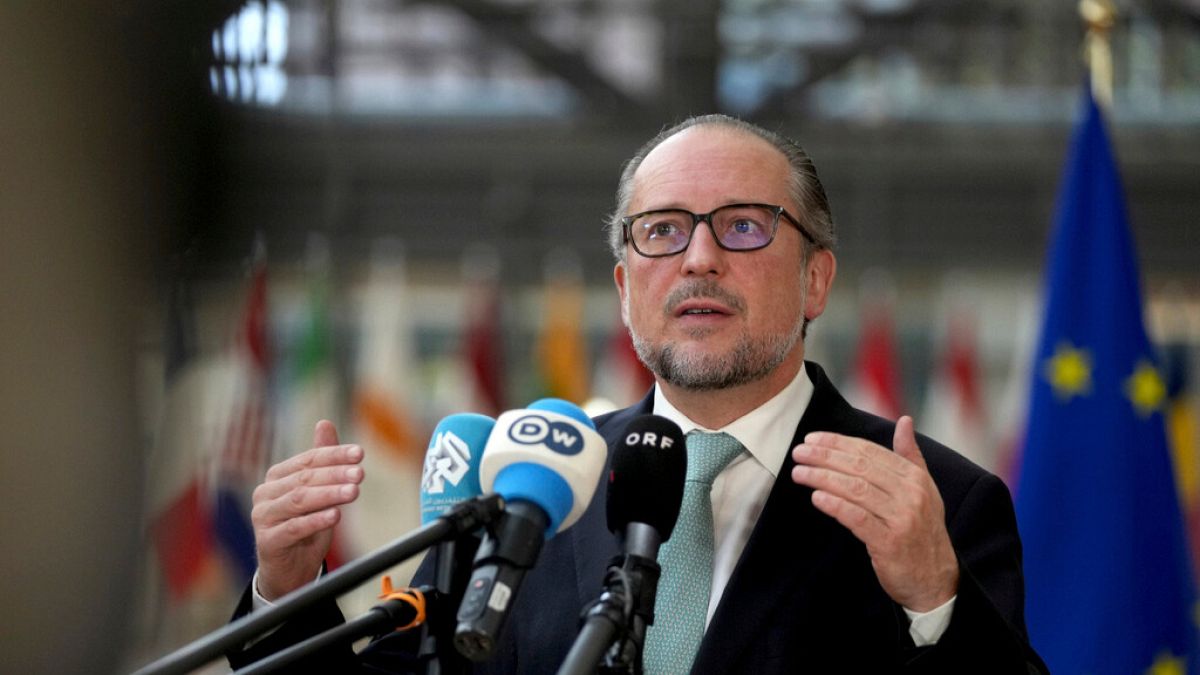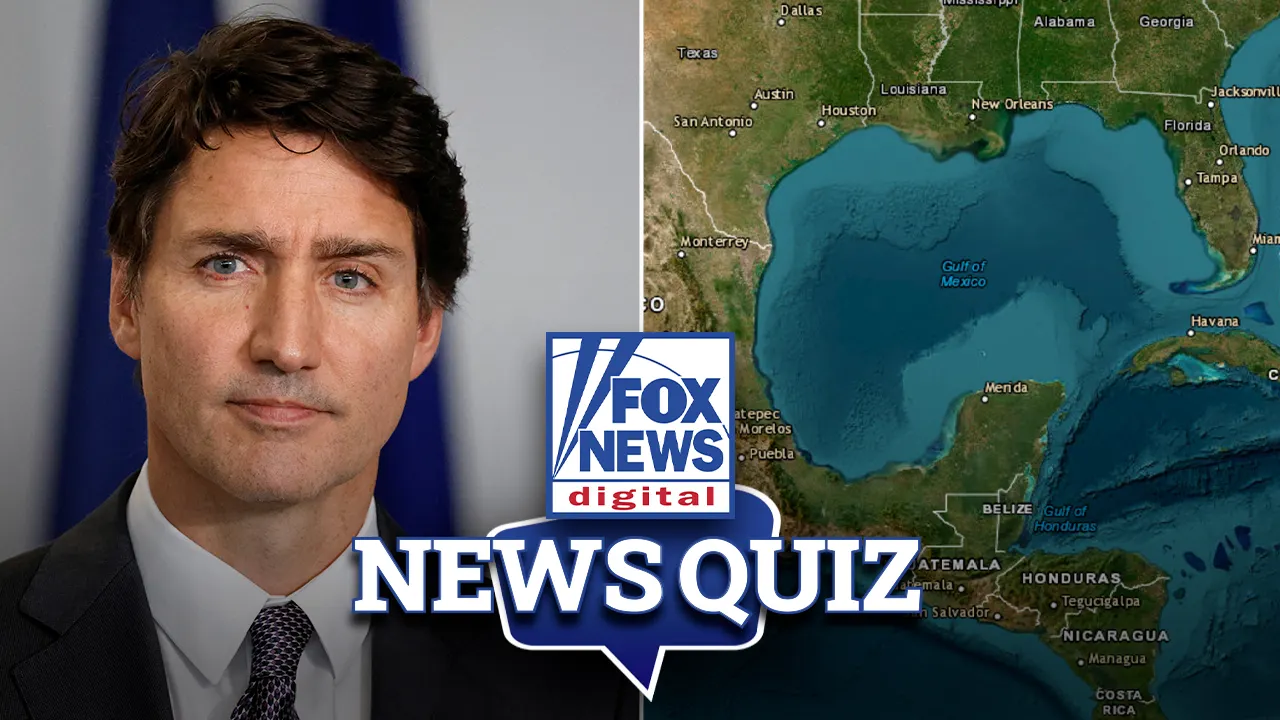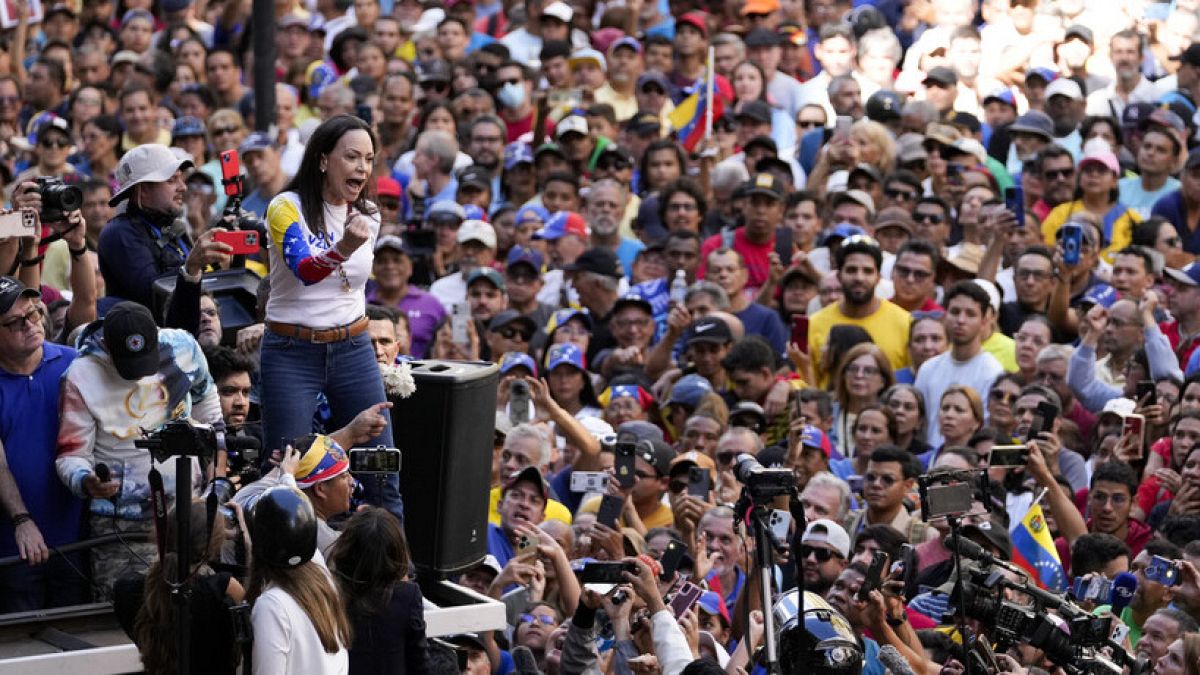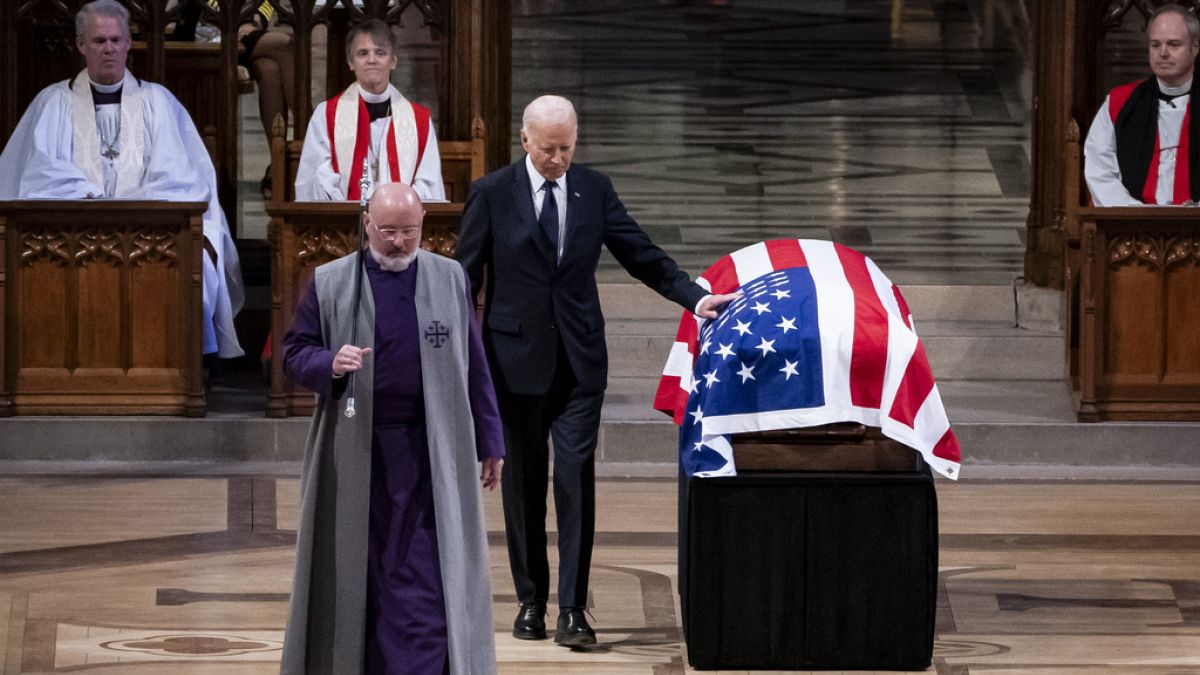Climate campaigners are calling for wealth taxes on the top 1 per cent to limit their pollution and pay for damages.
The richest 1 per cent of people have already blown through their fair share of the global carbon budget for the year just 10 days into January.
That’s according to a new analysis from Oxfam, which takes aim at the “lavish lifestyles” of the super-rich for fuelling the climate crisis.
‘Pollutocrat Day’, as the anti-poverty and inequality organisation has dubbed it, falls in a week marred by terrifying scenes of climate-driven devastation in Los Angeles.
“The future of our planet is hanging by a thread. The margin for action is razor-thin, yet the super-rich continue to squander humanity’s chances with their lavish lifestyles, polluting stock portfolios and pernicious political influence,” says Oxfam International’s Climate Change Policy Lead, Nafkote Dabi.
“This is theft – pure and simple – a tiny few robbing billions of people of their future to feed their insatiable greed.”
Who are the richest 1 per cent?
Oxfam’s analysis first looks at the amount of CO2 that can be added to the atmosphere without breaching 1.5°C of warming – beyond which climate disasters like the fires engulfing LA will proliferate.
With the global population set to reach 8.5 billion in 2030, it calculates that a ‘fair share’ of 1.5°C-compatible CO2 emissions per person is 2.1 tonnes a year.
But the richest 1 per cent of people are tearing through around 76 tonnes of CO2 each year. They comprise 77 million individuals – including billionaires, millionaires, and those earning over $140,000 (€136,000) per year in purchasing power parity (PPP) terms, which aligns different currencies.
Previous Oxfam research found that this wealthy minority were responsible for 15.9 per cent of global CO2 emissions in 2019. The bottom 50 per cent accounted for just 7.7 per cent of all emissions that year.
And while the super-rich have hit their 2025 limit within 10 days, it would take someone from the poorest half of the global population nearly three years to use up their share of the annual global carbon budget.
Super-polluters should foot the climate bill, Oxfam says
To meet the 1.5°C goal, Oxfam found that the richest 1 per cent needs to cut their emissions by 97 per cent by 2030. But they’re unlikely to tighten their carbon spending to that extent willingly.
“Governments need to stop pandering to the richest. Rich polluters must be made to pay for the havoc they’re wreaking on our planet,” says Dabi.
“Tax them, curb their emissions, and ban their excessive indulgences – private jets, superyachts, and the like. Leaders who fail to act are effectively choosing complicity in a crisis that threatens the lives of billions.”
Such calls to action are getting increasingly loud, from various quarters. The G20 group has discussed a minimum global tax of 2 per cent on the world’s roughly 3,000 billionaires. Despite support for Brazil’s proposal from France, Spain and other countries last year, the so-called ‘billionaire tax’ faced pushback at the last meeting in Rio in November.
The COP29 climate conference also heard demands to tax the mega-rich in order to drum up much-needed climate finance. Taxing frequent fliers is another repeated suggestion from climate campaigners.
Such measures would both limit pollution and help source the cash for loss and damage funding.
Oxfam’s report highlights the fittingness of with a series of startling statistics tallying the immense economic damage, extensive crop losses and millions of excess deaths that super-polluters have wrought since 1990.
By 2050, it calculates that the emissions of the richest 1 per cent will cause crop losses that could have provided enough calories to feed at least 10 million people a year in Eastern and Southern Asia.
Oxfam is now urging governments to introduce permanent income and wealth taxes on the top 1 per cent, and ban or punitively tax carbon-intensive luxury consumptions – starting with private jets and superyachts.
It adds that corporations and investors must be regulated to drastically and fairly reduce their emissions.
